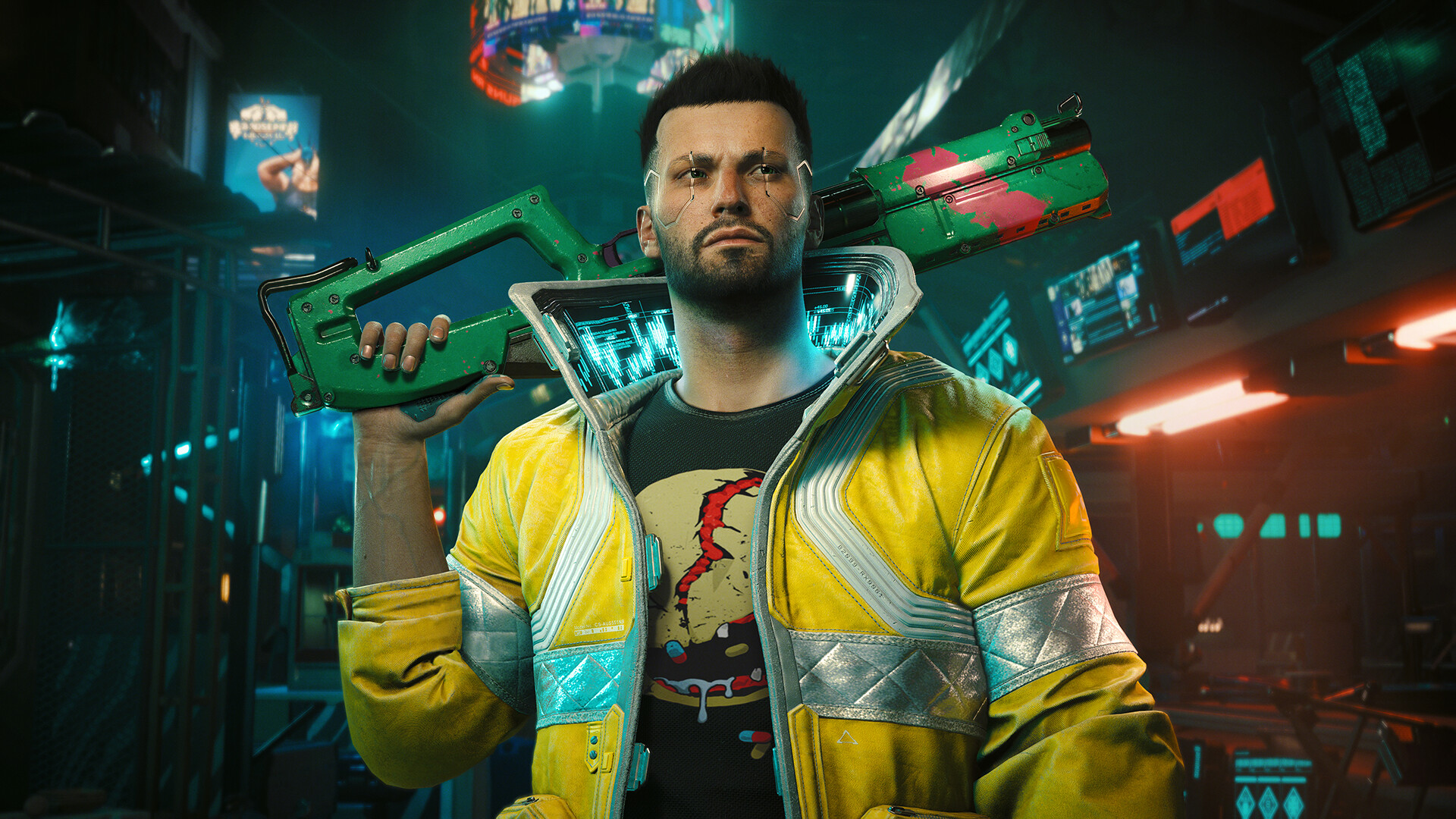
Cyberpunk 2077, as you might know, didn't have a great launch. Described (accurately) by PC Gamer's online editor Fraser Brown as "one of the highest-profile launch disasters in videogame history", the game had performance issues so bad on one console it was removed from its storefront, an infestation of more bugs than the cheapest motel mattress—heck, the thing was even causing seizures with no warning.
Which makes it all the stranger that, well, it's quite good now—especially with the 2.0 update and the release of expansion Phantom Liberty. I've had plenty of complicated feelings about it myself, but that didn't change the fact that 65 hours of my life melted away in front of my eyes.
According to the game's lead quest designer Pawel Sasko in an interview with The Gamer, though, we might have that shoddy launch to thank.
In the interview, Sasko discusses his experience with therapy and self-improvement through the lens of his career, which began over 19 years ago: "I believe that when you have scars, you should become proud of your scars and carry them. There were many hardships in my past, games that I worked on that were cancelled and then, of course, Cyberpunk.
"Phantom Liberty worked significantly better at its launch because we completely changed the production style," Sasko adds. That's not to say it was bug-free by any means, I feel obligated to note, but sure—having a few fires to put out is probably better than your house burning down.
Sasko goes on to credit Cyberpunk 2077's negative reception as the kick in the rear the team needed: "That couldn’t have been possible if the initial reception of the game wasn’t as negative as it was, it changed me and us as a studio."
I do think Cyberpunk 2077 got the amount of flak it deserved—critically speaking, not in terms of inexcusable harassment—but I do pity the ground-level developers who watched their game burst into flames upon entry.
There are, certainly, jobs that are harder on the body and mind than video game designer, but this is also an industry that has a long history of gruelling work weeks, unsavoury workplace scandals, harassment dire enough to require police intervention and sudden and unexpected layoffs.
Not to mention the frustration you might feel at something you've worked on for years suddenly vanishing into thin air—so I'm not at all shocked that Sasko points to Cyberpunk as something he had to work out on a couch somewhere. Let's just hope history doesn't repeat itself with The Witcher 4.







